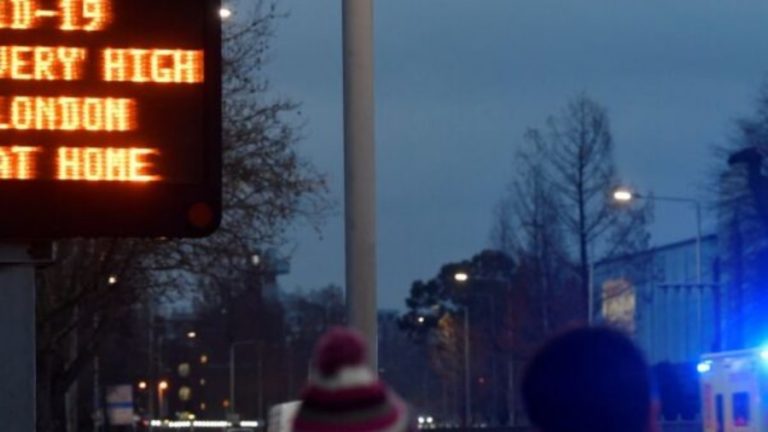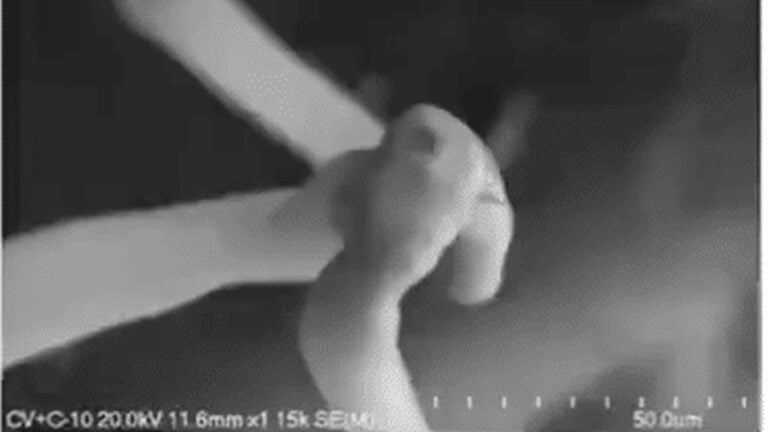Vladimir Putin, at Wit’s End with Washington, Opts for Poker Over Chess
Russian President Vladimir Putin has made a calculated bet that the embattled Trump administration will interpret his expulsion of hundreds of US diplomats from Russia as more of a friendly warning than an overtly hostile act.
As US lawmakers on the weekend sent to President Trump’s desk a bill that would make it virtually impossible for the US leader to revoke a new round of anti-Russia sanctions without congressional approval, Putin announced that 755 American diplomats «will have to leave Russia as a result of Washington’s own policies».
Speaking on Sunday, the Russian leader – clearly exasperated by the clinical bout of Russophobia that took possession of the American psyche long before a rich real estate developer named Donald Trump emerged on the scene – delivered a message loaded with both strength and regret when he said: «We’ve been waiting for quite a long time that maybe something would change for the better, we had hopes that the situation would change. But it looks like, it’s not going to change in the near future … I decided that it is time for us to show that we will not leave anything unanswered».
All things considered, Putin’s response was exceptional for its balance and restraint. Although 755 diplomats may sound like a small army, slashing the US side by that number gives Moscow and Washington exactly 455 civil servants each. That sounds not only fair, but logical.
At the same time, Putin announced the seizure of two US properties in Moscow – a warehouse and a riverside retreat nestled in a wooded area along the shores of the Moscow River. Once again, this maneuver is merely tit-for-tat on the part of the Russians, and lacks enough punch to inflict any mortal wound on US-Russia relations. That is, unless the Americans – who have until Sept. 1 to comply with the expulsion order – wish for it to.
Importantly, Putin’s expulsion order is not against the Trump administration. It is a well-timed response to a malicious move by ex-President Barack Obama, who, in the waning hours of his disastrous presidency, declared 35 Russian diplomats «persona non grata», while performing a land grab on Russian properties. He gave these officials and their families just 72 hours to leave the country – and right before New Year’s, the most popular Russian holiday.
At the time, Putin, confident that bilateral relations would improve under Trump, shrugged off Obama’s desperate last act on the political stage.
«We will not create problems for American diplomats. We will not expel anyone,» he said. «Furthermore, I invite all children of US diplomats accredited in Russia to the Christmas and New Year tree in the Kremlin».
Ironically, then-President-Elect Donald Trump called Putin «very smart» for not allowing Obama to cause him to react harshly to the expulsion, thereby delivering a long-term setback to US-Russia relations. What could not have been anticipated at the time, however, was to what extent the ‘Deep State’ – that disruptive and destructive shadow force that comprises the real power behind the Oval Office – would go to destroy the Trump presidency (It is worth mentioning that the very existence of the Deep State precludes the ludicrous notion that Russia somehow «hacked American democracy» since Moscow understands better than anyone that regardless of the US political party in power – Democrat or Republican, take your choice – the real decisions are made by a monolithic, supra-political structure that does not tolerate political freedom in any form, and least of all democratic. Any attempt to rig such a fixed system would be pure folly).
The fact that Trump almost immediately declared his intent to sign the Russian sanctions bill indicates that he either caved in to the relentless pressure by the establishment, or he was never very sincere about restoring relations with Russia in the first place. The truth is probably somewhere in the middle. However, judging by the unhinged anti-Russia comments by members of his staff (UN Ambassador Nikki Haley, for example, in March told NBC: «We cannot trust Russia … We should never trust Russia»), it seems Trump was the only one in Washington in favor of fixing the US-Russia relationship.
Indeed, after US lawmakers voted in favor of the anti-Russia bill, US Secretary of State Rex Tillerson delivered a comment that was so stupid it had to be calculated. The House and Senate votes in favor of more Russian sanctions, Tillerson said, «represent the strong will of the American people to see Russia take steps to improve relations with the United States».
Huh?
And then Tillerson signed off with the following statement that actually carried a thinly veiled threat: «We will work closely with our friends and allies to ensure our messages to Russia, Iran, and North Korea are clearly understood».
Tillerson, however, will now have to work extra hard to get the message across to America’s European allies, especially the Germans, who are fuming mad about the latest anti-Russia sanctions. That’s because the sanctions target any company that is involved in Russia’s energy export pipelines, like Nord Stream 2, a joint Russia-German project to carry Russian natural gas under the Baltic Sea, bypassing American client states, like Ukraine, Poland and the Baltic States.
In other words, what we have here is the American superpower attempting to deny the right of economic cooperation between two consenting states. In the event the US fails to get what it wants, which seems to be everything under the moon, its infantile will is enforced by the small yet lethal firearm known as ‘sanctions.’ Fortunately, such bumbling ‘diplomacy’ is transparent even to the most knee-jerk Russophobes for the very simple reason it places their own financial security at great risk.
So what is the source of this latest anti-Russia mood coming out of Washington? Briefly, it began in earnest in September 2015 when Russia made the decision to enter the Syrian fray – legally, it should be added, with an expressed invitation by President Bashar Assad – to fight against the terrorists of Islamic State. Strangely, the more damage Russian forces inflicted upon this malevolent group, the more it was criticized by US politicians.
However, the anti-Russia witch hunt really hit its stride when it became clear that Hillary Clinton would lose the 2016 presidential election to the populist Donald Trump. The Deep State that backed her needed a scapegoat for the devastating loss, and Russia, as usual, provided a convenient suspect. To this day, seven months after Trump entered the White House, the world has not seen a single scrap of hard evidence to suggest Russian interference in the election. But that has not stopped the media from continuing its non-stop attacks on both Trump and Putin (We may eventually see Vice President Mike Pence, who espouses the world view of the US elite, take over the reins of the US presidency. This week, after meeting the trembling leaders of the Baltic states of Estonia, Latvia and Lithuania, Pence delivered this line of rubbish: «Russia seeks to redraw international borders by force, undermine democracies of sovereign nations and divide the free nations of Europe»).
Although we may hope that Donald Trump will see the writing on the wall as far as US-Russia relations go, and find ways to restore bilateral relations between the world’s two nuclear powers, things are not so simple as that. Trump has been assailed by a mainstream media that can only be described as out of control and half-insane. Worse than the military industrial complex, it is truly hell-bent on war, which became clear after Trump bombed a Syrian airfield in April and became an overnight darling of the Neo-Liberal goon squad. When Trump eventually curbed his appetite for violence and bloodshed, he once again became a target for media-sponsored destruction.
Clearly, either the media and its many powerful proponents will get their way and bring down Trump, or Trump – and in direct contradiction to history’s tragic lessons (read Kennedy and Lincoln) – will somehow emerge victorious against the Deep State. The options for Russia, not to mention the American people themselves in such a dire and dangerous situation, are rather slim. A bit like leaving Las Vegas with more in your pocket than when you first arrived.
In conclusion, Putin’s move was a long time coming, yet this may have been exactly what the Deep State – anxious for any excuse to permanently wreck US-Russia relations – had been eagerly anticipating.
By Robert Bridge
Source: Strategic Culture







